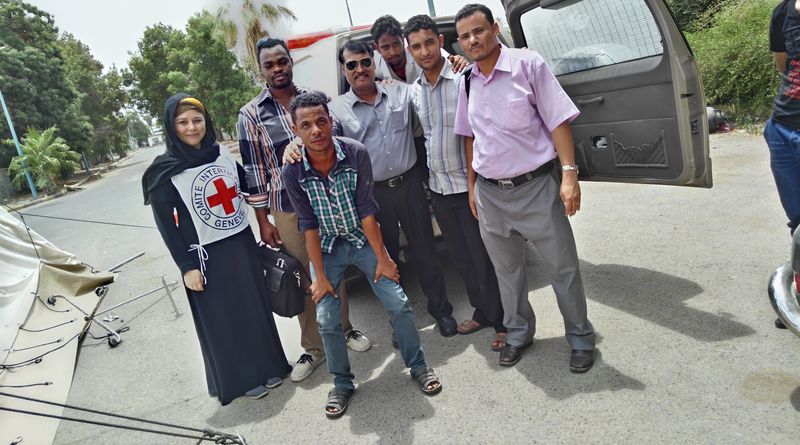In a small room in remote South Sudan (a country where conditions can be extremely hot and humid), a general surgeon, an anesthetist and three nurses are struggling to save a patient’s life. They were working with limited medical supply when suddenly the electricity goes off.
For Dr Akshay Baral, an Indian anesthesiologist who is part of a Mobile Surgical Team (MST) of the ICRC in South Sudan, these scenes were unfortunately too common. While in New Delhi, he shared his experiences of working with the ICRC in different contexts and the satisfaction that his profession brings to him.
How did you join the ICRC?
My first encounter with ICRC was at Mazar-E-Sharif, Afghanistan, where I was the project director of a humanitarian aid mission of the Government of India. We were there to enhance & strengthen the anesthesia & surgical capability of Afghan Doctors. That’s where I met ICRC officials for the first time and with prior experience of trauma anesthesiology, I took up my first assignment with the ICRC in South Sudan soon after retiring from my government job.
How was your experience of working with MST in South Sudan?
Even with about 20 years of experience in anesthesia & specially war & trauma surgery, I would rate my experience in South Sudan as one of the most special and challenging. At one point, I was working with a team that had a senior surgeon from Germany, nurses from Japan and England, one physiotherapist from Lebanon & local Red Cross volunteers – each one of them eager to save lives.
One of the biggest challenges every day is the uncertainty that we deal with. We have some planned surgeries and suddenly you have a gunshot injury patient being rolled into the operation theatre, needing immediate live saving surgery. Many times, because of hostile conditions, by the time patients wounded by the armed conflict reach us, it would be very late. But then despite limited resources, disruptive power supply and all the other constraints, the team always does its best to try to save the patient’s life.
Working in remote rural areas with very basic living amenities, how challenging is that?
While working in areas that are far off from big cities and facing geopolitical disturbances, often we have our accommodation in tents, eat the same tinned rice & beans every day and sometimes even live with a daily allowance of just half a bucket of water per head. In South Sudan, many a times our MST would cross a river by boat in order to reach hospitals. But at the end of the day, when we save a life or limb after repeated surgery, it gives immense satisfaction.
Despite the challenges that you face as a medical aid worker, what keeps you going?
From South Sudan, I remember a case of a six year old girl who came to us with bullet injury in the abdomen & pelvis, with a huge blood loss. We had very little hope of her surviving but miraculously, after four surgeries, she walked out of the hospital! There is nothing like saving a life! I think its experiences like those that pumps in energy and enthusiasm.


